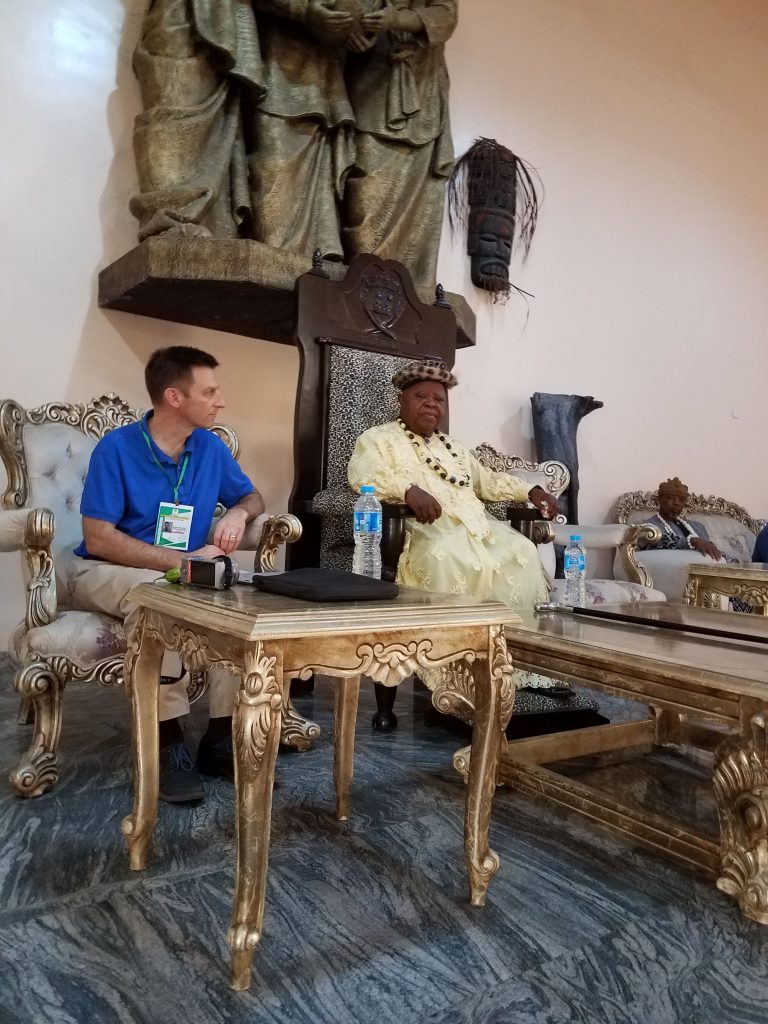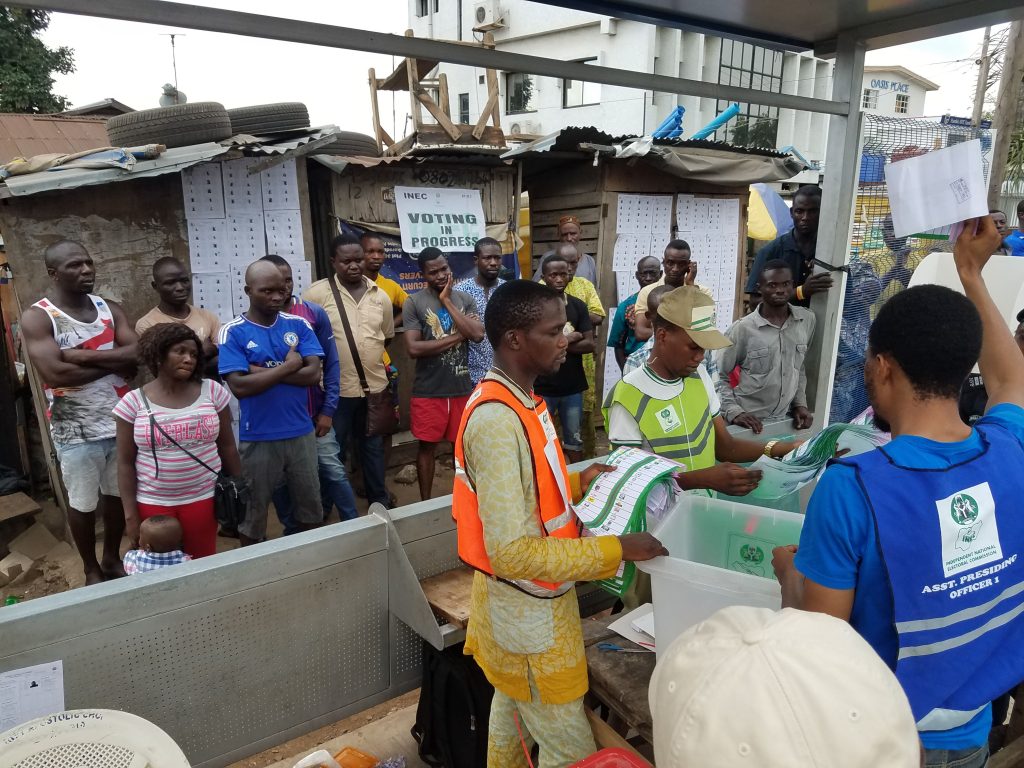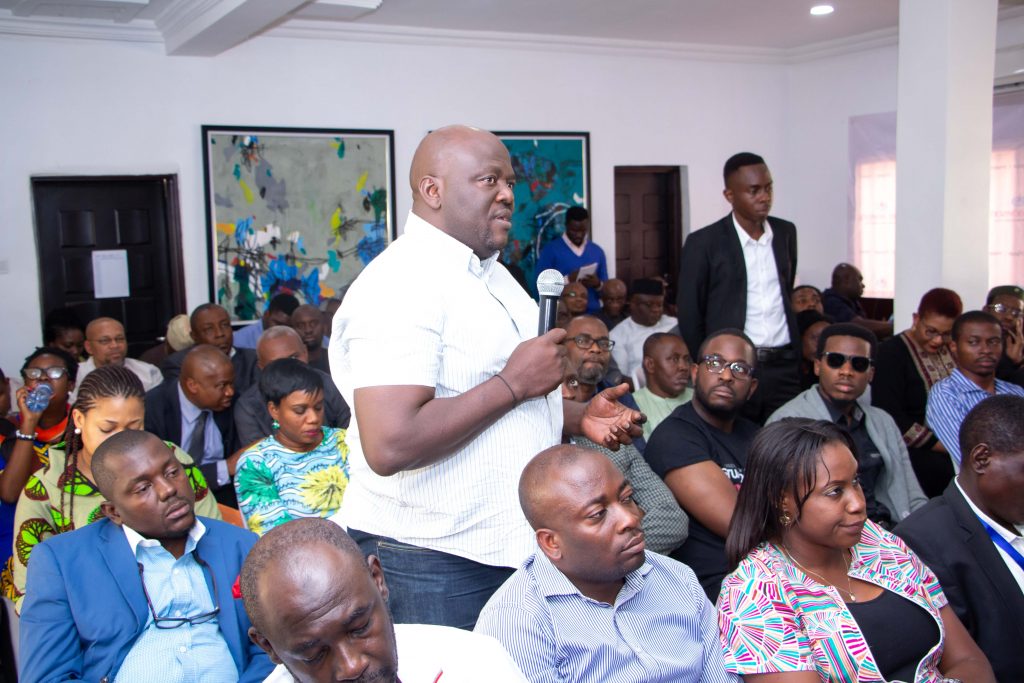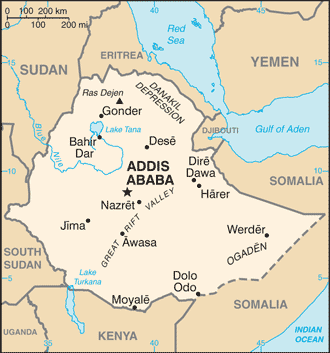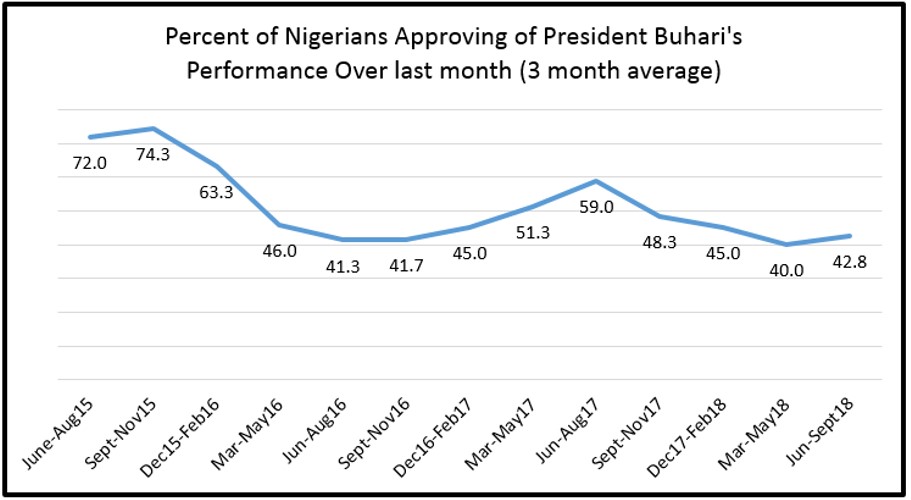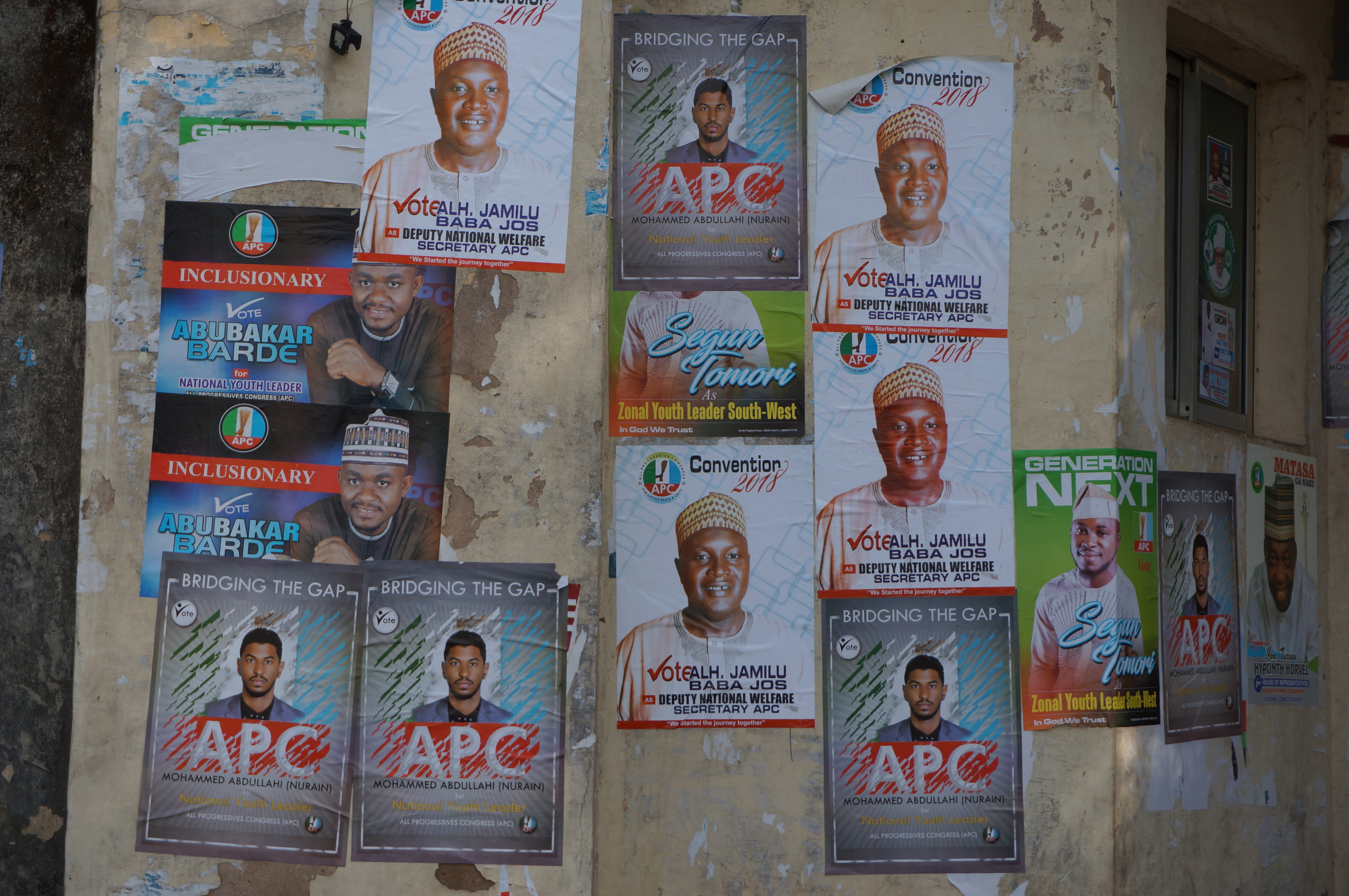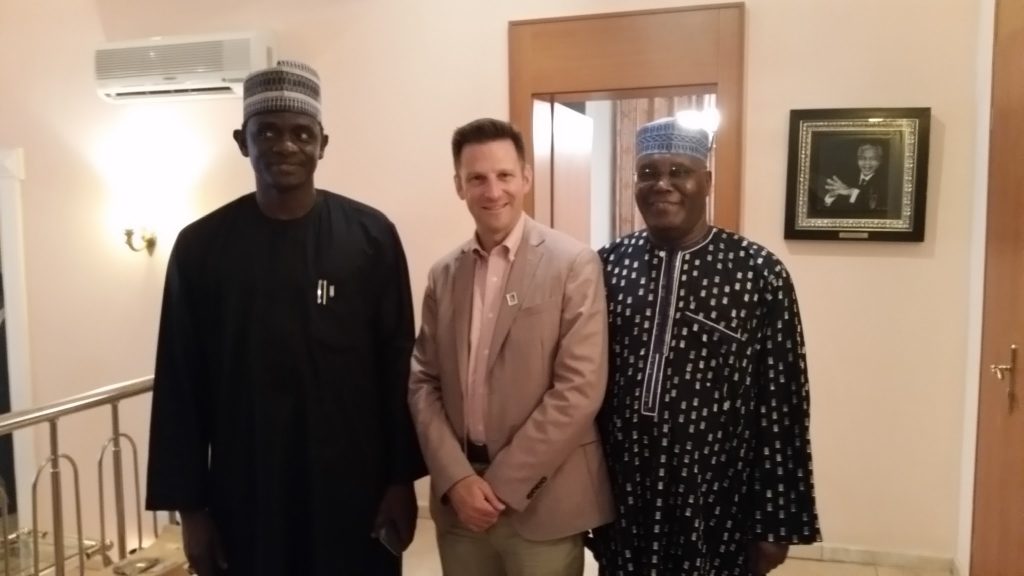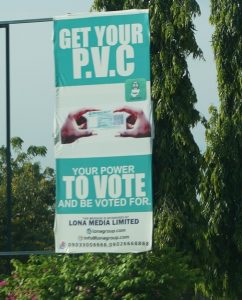The Sudanese People are fighting for Emancipation
Guest post by Professor Abdu Mukhtar Musa
Political Science Department, Islamic University of Omdurman, Khartoum
For his thirty years in power, Sudan’s General Al-Beshir has ruled by military force and cracked down on his people. On June 30, 1989 the then Brigadier Omer Hassan Al-Behsir, toppled a democratically elected government of Al-Sadiq Al-Mahdi. Supported by the Muslim brothers, led by the late Hassan Abdallah Al-Turabi, General Al-Beshir deposed all those who are not Muslim brothers. This purge included the civil service as well as all regular forces – particularly all members of security, besides the top-ranking officers of the army and police. In addition to this he created his own militias. Over time, members of the Islamic Movement controlled all institutions, including civil service, the regular armed forces and financial institutions. They excluded all other segments in the state – even those who are not partisans.
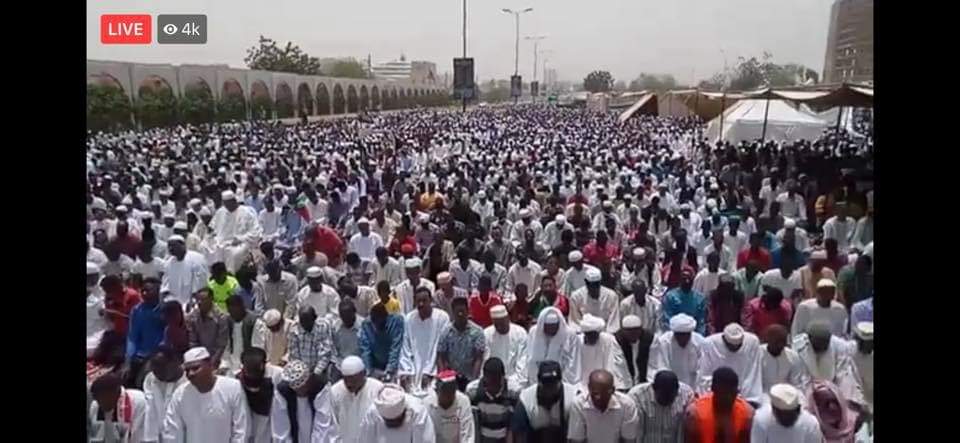
Thus, a “deep state” was being built, paralleled by Al-Turabi’s hosting of many elements of radical Islam – notably Osama Bin Laden. This was manipulated by the Muslim brothers, who are widely known as the Islamic Movement. Later on they hid behind the only political party, the National Congress, when all other parties were banned throughout the first decade of its reign.
Since December 19, 2018, tens of thousands of people took to the streets of Khartoum, the capital of Sudan, and some other 25 towns of the 18 states of the country demanding the termination of Al-Beshir’s 30-yeare militarized Islamic rule. Tens of demonstrators were killed by the security forces and hundreds were injured. Some of the killers are said to be Armed Forces, in civil suits and veiled, affiliated to the Islamic Movement (led by the late Alturabi) – described as ‘militias’.
On April 6, trade unions – mainly the federation of the professionals – called upon the people to join the protesters to be million in number – to start a sit-in at the headquarters of the Sudanese army in Khartoum. The date coincides with the commemoration of April 6, 1985 when a popular uprising succeeded – with a support from the army – in terminating a 16-year military rule by Generl G.M. Numairi. A prompt response brought the number to more than what was expected reflecting how far is the dramatic decline of Al-Beshir’s popularity – taking into account the fact that the regime’s militias uses firearms to disburse the demonstrations. This also proves how fud up the Sudanese people are with the president’s continual pledges of reforms and economic recovery while living a reality of increasing corruption and no accountability. Social media frequently published news about the huge wealth being accumulated by Al-Beshir’s family and relatives. Such allegations were proven when – after being toppled by some army officers on April 11, the military intelligence – under emergency laws – found more than $112 million in Al-Beshir’s house after he was taken to the central prison of Kober (Khartoum north).
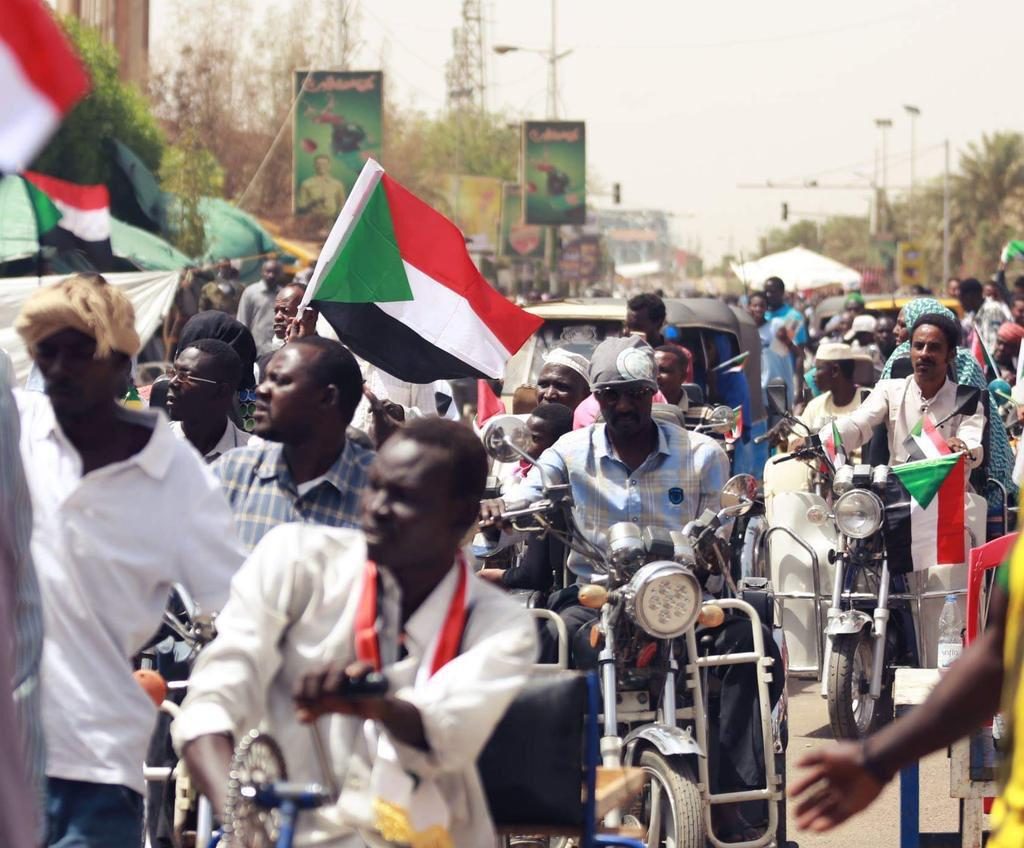
Al Beshir’s Islamist military regime has cracked down on the people whose country is very rich in natural resources and has significant deposits of minerals – notably gold. Despite this Sudanese people have been suffering very much from low standard of living, poor infrastructures, spiral inflation (scored three digits), indebtedness, poor services and 46% of the population below poverty line. The sole reason for this is mismanagement, corruption, crises and civil wars is wrong and rash policy of the Militant/Islamist regime of Al Beshir.
Mismanagement could be categorized into three aspects or dimensions: (1) mismanagement of resources; (2) mismanagement of ethnic diversity; and (3) mismanagement of foreign relations.
The first type of mismanagement is a product of two factors: (A) exclusion of the competent elements from the state machinery or the bureaucracy in general and replacing them with the members of the Islamic movement – the majority of them lack the appropriate qualifications and expertise. This has led to deterioration in the public service and services in general. Many developmental projects broke down. Agriculture and industry (factories) have been damaged. This immediately impacted exports and reversed the balance of trade to acute deficit. Consequently, imports exceeding exports resulted in a dramatic deterioration in the Sudanese currency, the pound, from SDG 12 against $1 when this regime assumed power in 1989 to 90,000 by late 2018. (B) The government embarked on loans from abroad. But projects are given to incompetent companies as schemes are not subject to open tenders but rather secretly allocated to definite companies because officials take big money in terms of ‘commissions’. So the loss is double – money goes to corruption and projects allocated to those incompetent companies failed. In one of the most productive states (Al-Jazira) about more than 300 factories stopped production and sacked the workers and staff.
The government’s mismanaged diversity existed on several levels. Apart from deposing elements in civil service, security, police and the army at all ranks – who are not prone (or Islamist) – exclusion also took place in ethnic basis. Elites in marginalized areas proved willing allies in mutinies, and this led to more spending in defense and security at the expense of the general spending for wages and services. In effect, this means the government has been fighting in multiple fronts: The South (which seceded in 2011), Darfur, South Korfoan, and the Blue Nile region. Most areas are not treated on equal terms. This has triggered racial discrimination, tribal conflicts along with the armed rebel movements who sought support from regional and international forces – escalating conflicts and internationalizing the crisis.
Third and finally, with respect to mismanagement of foreign affairs, the militant Islamic regime has had a bad image in the international community since its advent. It adopted radical Islamic slogans and cultivated itself as a safe haven for extremism and terrorism. Under Al-Turabi, one of the main figures of political Islam, the regime harboured many extremists and hardliners such as Osama Bin-Laden, Hamas, and Carlos (later on jailed in France). A failed attempt to assassinate the ex-president of Egypt, M. H. Mubarak, and the embrace of anti-Western slogans resulted in regional and international isolation and sanctions. This has aggravated the already war-ridden economy of a country sucked by greed and corrupt elite. Moreover, sanctions have directly impacted the vital projects which constitute the nerve of the Sudan’s economy including Al-Jazira, the largest agricultural scheme, which was established by the colonial British administration in Sudan with an area of 2.2 million feddans along with dams in 1925. Other sectors of the economy damaged by the sanctions and Al-Beshir’s mismanagement include: the Sudanese airlines (among the first to be established in Africa), Sudan railways, Sudanese Sea transport line, and Nile Transport Company. Some projects were stopped due to lack of spare parts from the Western states, while others suffered from mismanagement and corruption.
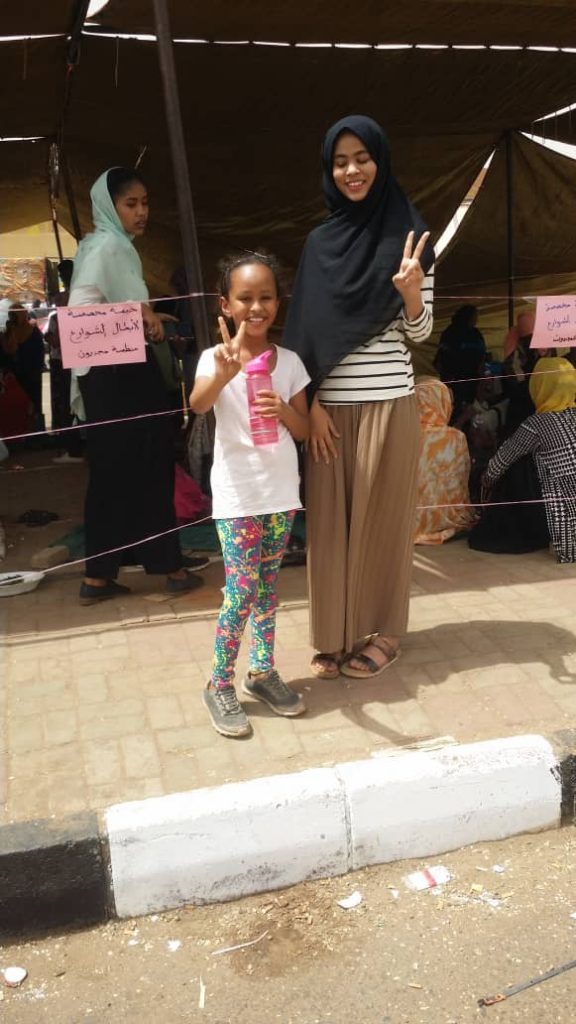
Protesters completely rejected the presidency of General Ibn-Oaf after only one day in office, a newly formed transitional military council, led by General Abdulfattah Al-Burhan, is now waiting for civil associations to submit their candidates for a civilian cabinet to run the state for a two-year transitional period. A thoroughly demilitarized transitional regime has been the core demand of people who have maintained a sit-in at military headquarters in Khartoum for over two weeks. They are also asking for the arrest of all members of the former regime, and filing suit of corruption as well as of killing civilians over the last four months of protests (December 19, 2018 – April 11, 2019).
